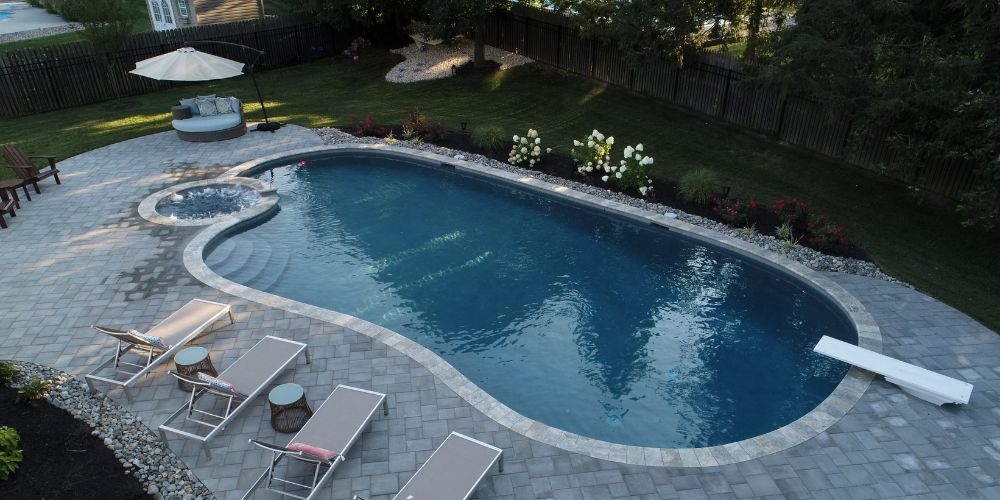Introduction
As the temperature rises during the summer months, homeowners seek effective ways to keep their homes cool and comfortable while minimizing energy costs. In this article, we’ll explore how spray foam insulation can provide significant benefits during the summer season. From enhanced energy efficiency to improved indoor comfort, discover why incorporating spray foam insulation into your home can make a difference. For additional info on how spray foam insulation can transform your summer experience, read on to get additional info.
Enhanced Energy Efficiency
Reduction of Heat Transfer
Spray foam insulation forms a tight seal around walls, ceilings, and floors, effectively minimizing the transfer of heat into and out of your home. By creating a continuous barrier, spray foam helps maintain consistent indoor temperatures, reducing the need for excessive air conditioning and lowering energy consumption.
Minimization of Air Leaks
Unlike traditional insulation materials such as fiberglass or cellulose, spray foam expands to fill gaps and cracks, sealing off potential entry points for warm outdoor air. This air sealing property ensures that conditioned air stays inside your home, allowing your HVAC system to operate more efficiently and effectively.
Decreased Cooling Costs
By enhancing energy efficiency and reducing air leaks, spray foam insulation can lead to significant savings on cooling costs during the summer months. With less reliance on air conditioning systems, homeowners can enjoy lower utility bills while staying comfortable indoors, even on the hottest days.
Moisture Control and Indoor Comfort
Prevention of Condensation
Condensation can be a common problem during the summer, especially in humid climates. Spray foam insulation creates a moisture-resistant barrier that helps prevent condensation buildup on walls and ceilings, reducing the risk of mold, mildew, and moisture-related damage.
Humidity Regulation
Spray foam insulation can also help regulate indoor humidity levels by reducing the infiltration of outdoor air, which may carry excess moisture. By maintaining optimal humidity levels, homeowners can enjoy greater comfort and reduce the risk of mold growth and moisture-related issues.
Improvement of Indoor Air Quality
Improved indoor air quality is another benefit of spray foam insulation. By sealing off gaps and cracks where dust, pollen, and other allergens can enter, spray foam helps create a healthier living environment for occupants, particularly those with respiratory conditions or allergies.
Long-Term Cost Savings
Durability and Longevity
Unlike traditional insulation materials that may degrade over time, spray foam insulation is highly durable and long-lasting. With proper installation and maintenance, spray foam can provide reliable insulation for many years, reducing the need for frequent replacements or upgrades.
Decreased Need for Repairs and Maintenance
The durability of spray foam insulation translates into fewer repairs and maintenance requirements for homeowners. Unlike other insulation materials that may settle or compress over time, spray foam maintains its effectiveness and structural integrity, minimizing the need for costly repairs or replacements.
Potential Increase in Property Value
Investing in spray foam insulation can also potentially increase the value of your property. Homebuyers are increasingly prioritizing energy efficiency and comfort when evaluating properties, making homes with spray foam insulation more attractive and desirable in the real estate market.
Environmental Benefits
Reduction of Carbon Footprint
By improving energy efficiency and reducing the consumption of fossil fuels for heating and cooling, spray foam insulation helps lower the carbon footprint of residential buildings. This environmental benefit contributes to global efforts to mitigate climate change and reduce greenhouse gas emissions.
Eco-Friendly Formulations
Many manufacturers offer eco-friendly formulations of spray foam insulation that use renewable or recycled materials and have low VOC (volatile organic compound) emissions. These environmentally friendly options allow homeowners to reduce their environmental impact while enjoying the benefits of spray foam insulation.
Contribution to Sustainable Building Practices
Incorporating spray foam insulation into residential construction projects aligns with sustainable building practices and green building standards. By prioritizing energy efficiency, indoor air quality, and durability, spray foam insulation supports sustainable building initiatives and helps create healthier, more resilient communities.
In conclusion, the benefits of spray foam insulation extend beyond the winter months, providing significant advantages during the summer season as well. From enhanced energy efficiency and indoor comfort to long-term cost savings and environmental benefits, spray foam insulation offers a comprehensive solution for homeowners looking to improve the performance and sustainability of their homes. For additional info on how spray foam insulation can transform your summer experience and enhance your home’s comfort and efficiency, consider consulting with a professional insulation contractor.



